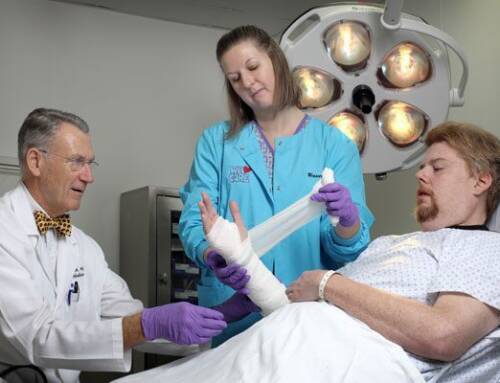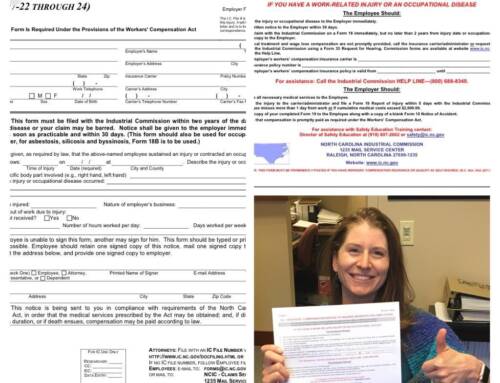Today’s post comes from guest author Barbara Tilker from Pasternack Tilker Ziegler Walsh Stanton & Romano.
If you get a denial notice from Social Security after filing your application for benefits on your own, don’t be surprised. Most people are turned down the first time they apply for benefits. Social Security recently released a study showing that people who filed on their own were slightly more likely to get denied initially, although they received their initial decision a little sooner. Many people make one of two common mistakes when they get turned down – they either don’t do anything or they file a new application. People who don’t do anything will, of course, not receive Social Security disability benefits. Those that file a new application are just as likely to get turned down again, and may lose entitlement to benefits they otherwise would have gotten.
When you get a denial, you should file an appeal of that decision.
When you get a denial, you should file an appeal of that decision. Filing an appeal is different than filing a new application. Depending on where you live, you will either file a request for reconsideration or a request for a hearing. A request for reconsideration means that someone else at Social Security reviews your file and makes a new decision. If you get denied at reconsideration (and about 90% of people do) you should file a request for a hearing.
After you file a request for a hearing, you’ll be scheduled for a hearing held by an Administrative Law Judge (ALJ). The ALJ will ask you questions and issue a written decision after the hearing. People who appear at a hearing before an ALJ are much more likely to get SSD than those who file a new application after getting denied.
Once you receive a denial, you should contact our office right away to discuss your options. You only have sixty (60) days to file an appeal, so it’s important to act fast. Our staff will be able to handle the appeals process for you, and one of our attorneys will appear at the hearing with you. The most important thing is to not get discouraged and continue your medical treatment so that you’ll have the medical evidence you need to prove your disability.







